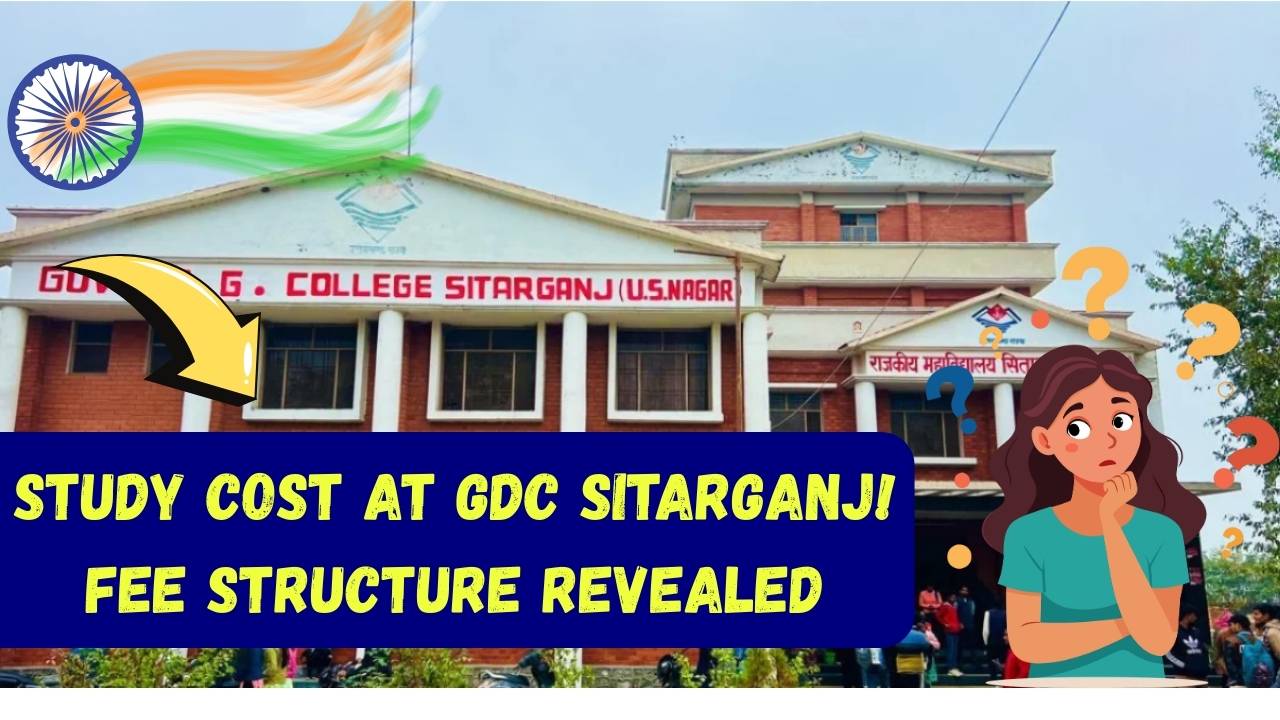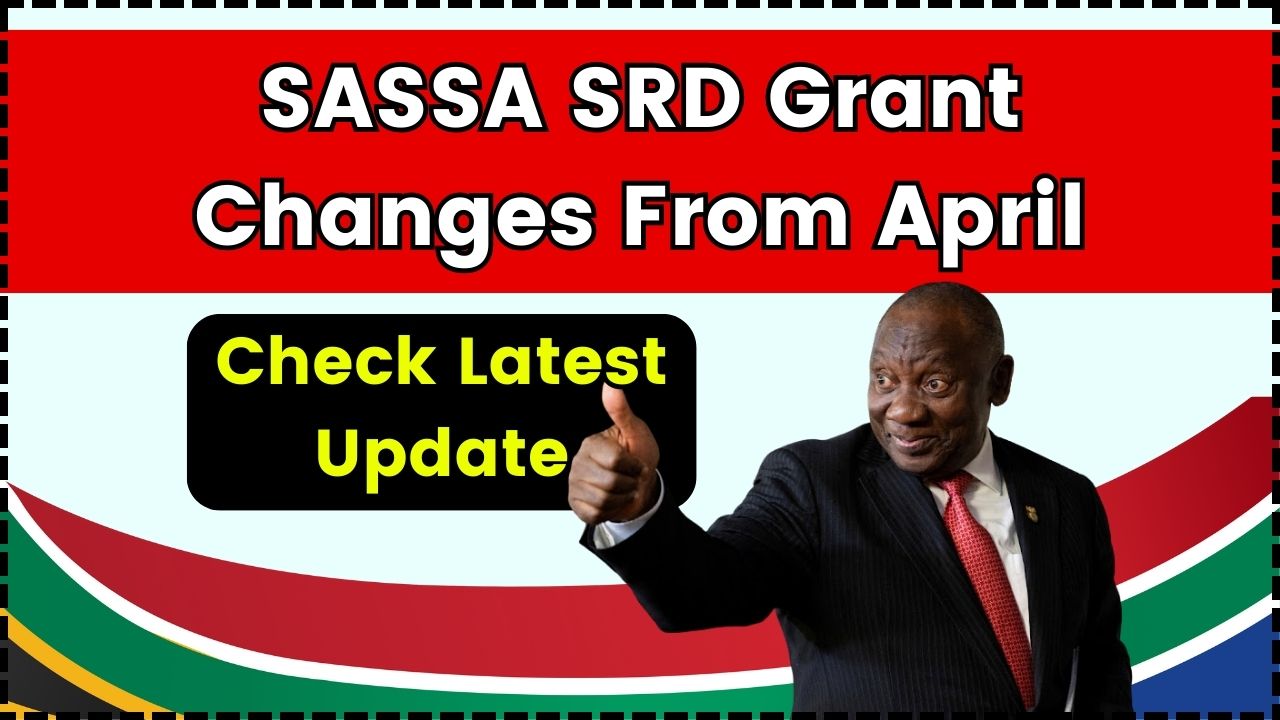
Top 5 SASSA Child Grant Mistakes: If you’re applying for the SASSA Child Support Grant, avoiding mistakes can make the difference between receiving vital financial assistance and having your application declined. Each year, thousands of applications are processed by the South African Social Security Agency (SASSA), and many are rejected due to preventable errors. These grants serve as a lifeline to millions of low-income families across South Africa, ensuring that children receive the care and support they need.
Understanding the application process and knowing what pitfalls to avoid is key. This comprehensive guide walks you through the top five most common mistakes made during the SASSA Child Grant application process, explains why they lead to rejections, and provides actionable advice on how to prevent them. Whether you’re a first-time applicant or reapplying after a previous denial, these insights will help you increase your chances of a successful application.
Top 5 SASSA Child Grant Mistakes
| Key Feature | Details |
|---|---|
| Grant Name | SASSA Child Support Grant |
| Administered By | South African Social Security Agency (SASSA) |
| Primary Goal | Financial support for caregivers of children under 18 |
| Monthly Grant Amount | R510 (2025) |
| Primary Eligibility | South African citizens/permanent residents/refugees with dependents |
| Income Threshold | R61,200/year (single) or R122,400/year (married couples) |
| Common Mistake Impact | Rejection, delayed processing, fraud investigation |
| Official Website | www.sassa.gov.za |
Navigating the SASSA Child Support Grant process doesn’t have to be intimidating. While it’s easy to make mistakes, understanding the rules, requirements, and common pitfalls can dramatically improve your chances of success. From accurate form submission to verified banking information, each step plays a vital role in the approval of your grant.
Remember, the purpose of this grant is to assist in the well-being of your child. Taking the time to ensure everything is in order can help prevent unnecessary stress and delays. If you’re ever unsure, contact your nearest SASSA office or visit their official website for assistance.
Understanding the SASSA Child Support Grant
The Child Support Grant is one of South Africa’s flagship social protection programs. It provides monthly financial assistance to low-income caregivers responsible for children under the age of 18. The grant aims to reduce poverty, ensure that children have access to basic needs like food, healthcare, and education, and provide much-needed relief to struggling households.
The application process, while designed to be accessible, still requires careful attention to detail. Applicants must meet strict eligibility criteria, submit the required documents, and ensure that all information is correct and consistent. Unfortunately, a significant number of applications are rejected because of minor but critical errors that could have been avoided with a little extra care.
Let’s explore the top five most common mistakes applicants make and how to sidestep them.
Mistake #1: Submitting Incomplete or Incorrect Application Forms
This is the most frequent and easily avoidable error. Missing fields, spelling mistakes, or incorrect identification numbers can lead to automatic rejection. An incomplete application means that SASSA cannot verify your eligibility, delaying the process or requiring you to start over entirely.
Avoid This By:
- Carefully reviewing each section of the application form
- Ensuring all personal details (ID numbers, names, dates) match supporting documents
- Making a checklist of all sections and ticking them off before submission
- Using block letters and black ink if filling the form by hand
- Asking someone you trust to double-check the form for you before submission
Pro Tip: Save copies of your application for your records in case you need to appeal or reapply.
Mistake #2: Not Meeting Eligibility Requirements
Applicants must meet several specific conditions, and failure to qualify on any single one of these can mean disqualification. Some people apply assuming they are eligible without confirming their income level or legal caregiving status.
SASSA Child Grant Eligibility Criteria:
- You must be a South African citizen, legal resident, or refugee
- The child must live with you and be under 18 years of age
- You must be the child’s primary caregiver
- You must meet the means test income criteria:
- Less than R61,200/year if single
- Less than R122,400/year combined income if married
Avoid This By:
- Checking your income and marital status before applying
- Preparing legal affidavits if you’re not the biological parent (e.g., grandparents or guardians)
- Getting documentation from a school principal or social worker to support your caregiving status
- Reading the eligibility criteria on the Western Cape Government Grant Portal before you apply
Mistake #3: Missing or Incomplete Supporting Documentation
Every SASSA grant application must be accompanied by complete and correct documents. These help verify your identity, your relationship to the child, and your financial situation. Submitting incomplete or unclear copies will stall your application.
Required Documents:
- Barcoded South African ID or valid refugee status documents
- The child’s birth certificate
- Proof of residence (e.g., utility bill, school confirmation letter)
- Recent proof of income (payslips, bank statements, UIF slips)
- Legal paperwork if you’re applying as a guardian or foster caregiver
Avoid This By:
- Gathering all documentation before filling out the form
- Submitting certified copies where necessary (certified within the past 3 months)
- Keeping extra copies of all paperwork
- Getting documentation translated if not in English
Mistake #4: Incorrect Banking Details or Using an Ineligible Account
Many applicants don’t realize that even a small typo in banking information can cause delays or failed payments. Additionally, the bank account must be in the name of the grant applicant.
Common Mistakes Include:
- Providing an account number with a typo
- Submitting details of an account that is closed or dormant
- Using someone else’s bank account
- Failing to attach a bank confirmation letter
Avoid This By:
- Visiting your bank to obtain a confirmation letter with all relevant information
- Double-checking account numbers and branch codes
- Making sure the account is active and registered under your name
- Notifying SASSA immediately if you switch banks or change accounts
Mistake #5: Applying While Receiving Another Grant or Exceeding Income Limits
The SASSA system checks income data and other social grant records. If it appears that you’re already receiving support for the same child or your income has increased beyond the threshold, your application will be flagged.
Avoid This By:
- Ensuring that you are not already receiving support for the same child
- Reporting any job changes or increases in household income
- Not attempting to “double dip” by applying under multiple identities or submitting false information (this is considered fraud)
- Keeping your SASSA file updated with accurate contact, income, and household information
Rhodes Scholarship 2025: Info Sessions This April – Check Application Process!
Bonus Tips for a Successful Application
- Avoid Third-Party Agents: Only apply through official SASSA channels. Never pay someone to “guarantee” approval.
- Apply Early: Don’t wait until the last minute; give yourself time to resolve any issues that may come up.
- Track Your Application: Use the SASSA website or toll-free number 0800 60 10 11 to follow your application progress.
- Maintain Communication: Always respond to any messages or requests for additional documents from SASSA promptly.
- Update Regularly: Even after approval, you must report major life changes such as employment, moving, or changes in who the child lives with.
FAQs on Top 5 SASSA Child Grant Mistakes
Q1: Can I apply for the Child Support Grant online?
A: Yes. Applications can be submitted online via the SASSA services portal. Ensure you have all digital documents ready for upload.
Q2: What happens if I get rejected?
A: You can appeal within 90 days of receiving your rejection notice. Appeals must include supporting documents and a written explanation.
Q3: How often is the grant paid?
A: The grant is paid monthly via direct bank deposit, SASSA card, or cash collection points.
Q4: Can a foster parent or guardian apply?
A: Yes, as long as you are the primary caregiver and have the necessary documents proving guardianship or caregiving responsibility.
Q5: How do I know if my child qualifies?
A: Your child must be a South African citizen under 18, reside with you, and not be cared for in a state institution.










